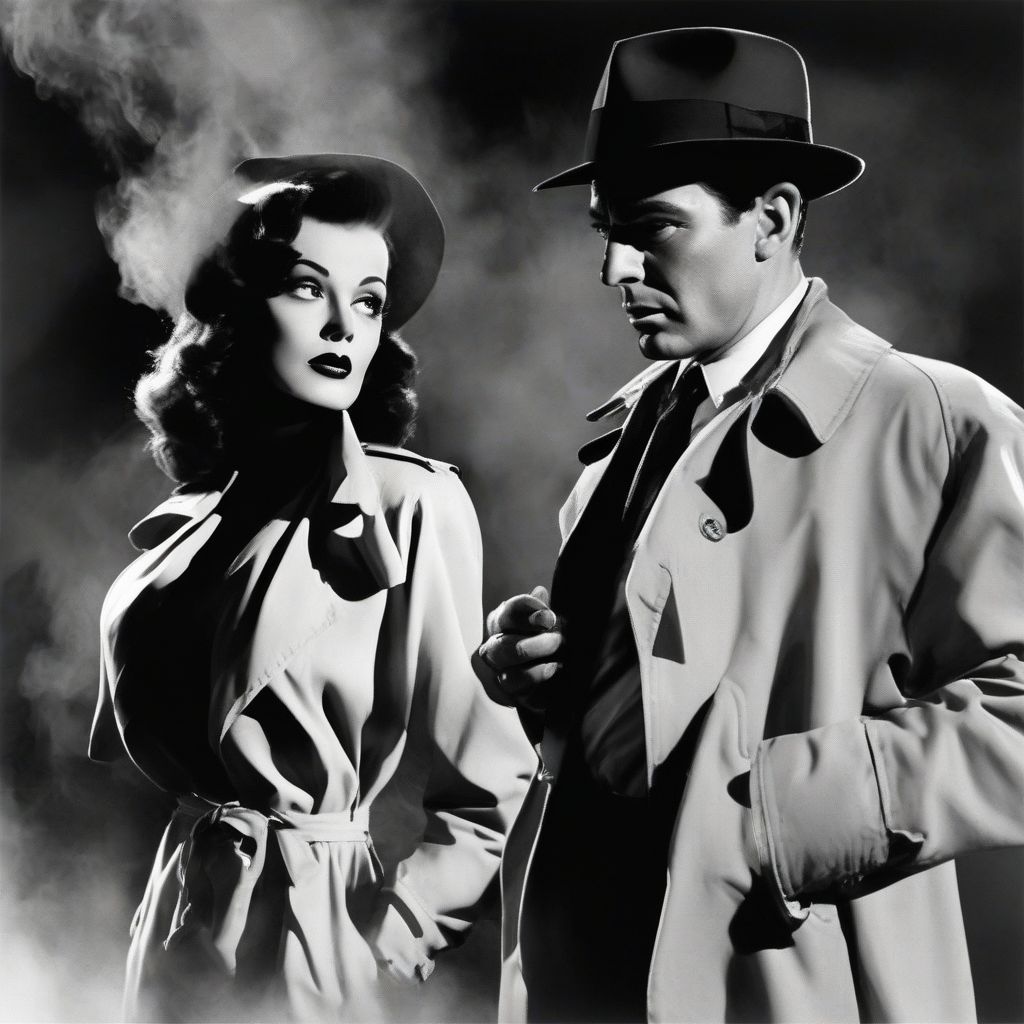Imagine stepping into a grand, dusty library, the air thick with the scent of aged paper and leather. You navigate towering bookshelves, each tome a world unto itself. You’re on a quest, not for a specific title, but for an understanding – a glimpse into how we categorize and analyze the sprawling, ever-evolving world of classic film. This is the exciting landscape of genre exploration in classic film studies, a field brimming with potential for new discoveries and fresh perspectives.
Redefining Boundaries: Genre as a Fluid Concept
For decades, scholars have meticulously categorized classic films into neat boxes: Westerns, musicals, film noir – each with its own set of conventions and tropes. Yet, the very act of defining a genre can feel limiting, like trying to contain a vibrant, growing vine within a tiny pot.
The future of genre exploration embraces this fluidity. It acknowledges that genres are not static entities but rather evolving organisms, constantly influenced by societal shifts, technological advancements, and artistic innovation.
Challenging Traditional Frameworks
Take, for instance, the classic Western. Once defined by gunfights at high noon and rugged individualism, the genre is being reexamined through lenses of race, gender, and colonialism. Films like “The Searchers” (1956) and “McCabe & Mrs. Miller” (1971) challenge the romanticized image of the American West, offering more nuanced and often critical perspectives.
The Digital Age: New Tools for Genre Analysis
The digital age has ushered in a wealth of resources for film scholars. Vast online databases, high-quality streaming platforms, and sophisticated search engines allow for unprecedented access to classic films from across the globe.
This accessibility has opened up exciting new avenues for genre exploration. Scholars can now delve into niche subgenres, trace the evolution of genre conventions across different cultures, and uncover hidden connections between seemingly disparate films.
Data-Driven Insights and Beyond
Furthermore, digital tools like computer vision and natural language processing offer the potential for data-driven insights into genre. By analyzing visual motifs, dialogue patterns, and narrative structures, researchers can gain a deeper understanding of how genre functions on both conscious and subconscious levels.
 Classic Film Noir Scene
Classic Film Noir Scene
Expanding the Canon: Diversity and Inclusion in Focus
Perhaps the most crucial aspect of the future of genre exploration lies in diversifying the cinematic canon. For too long, classic film studies have primarily focused on a narrow selection of films, often dominated by white, male perspectives.
By actively seeking out and analyzing films from marginalized voices – women, people of color, LGBTQ+ filmmakers – scholars can challenge existing power structures and broaden our understanding of genre within a global context.
Uncovering Hidden Gems
This includes revisiting films that were overlooked or dismissed in their time due to societal biases. The rediscovery and re-evaluation of films like “The Watermelon Woman” (1996) by Cheryl Dunye, a landmark work in lesbian cinema, demonstrates the importance of this ongoing endeavor.
The Future is Collaborative: Breaking Down the Academic Walls
The future of genre exploration is not confined to dusty library stacks. Online platforms and social media have become vibrant spaces for film discussion and analysis.
Scholars are increasingly engaging with wider audiences, sharing their research through accessible articles, podcasts, and video essays. This democratization of film studies allows for a more inclusive and dynamic conversation around genre.
Embracing the Joy of Discovery
Ultimately, the future of genre exploration in classic film studies is brimming with possibility. By embracing fluidity, utilizing new technologies, and actively seeking diverse perspectives, scholars and enthusiasts alike can continue to uncover the hidden depths and enduring power of classic cinema.
[amazon bestseller=”classic film studies”]
A Call to Action: Dive into the World of Classic Film
So, the next time you find yourself captivated by a classic film, don’t just enjoy the ride – question it. Explore its genre conventions, its cultural context, and its place within the broader tapestry of cinema. You might just uncover something new and exciting about the film, the genre, and perhaps even yourself.
